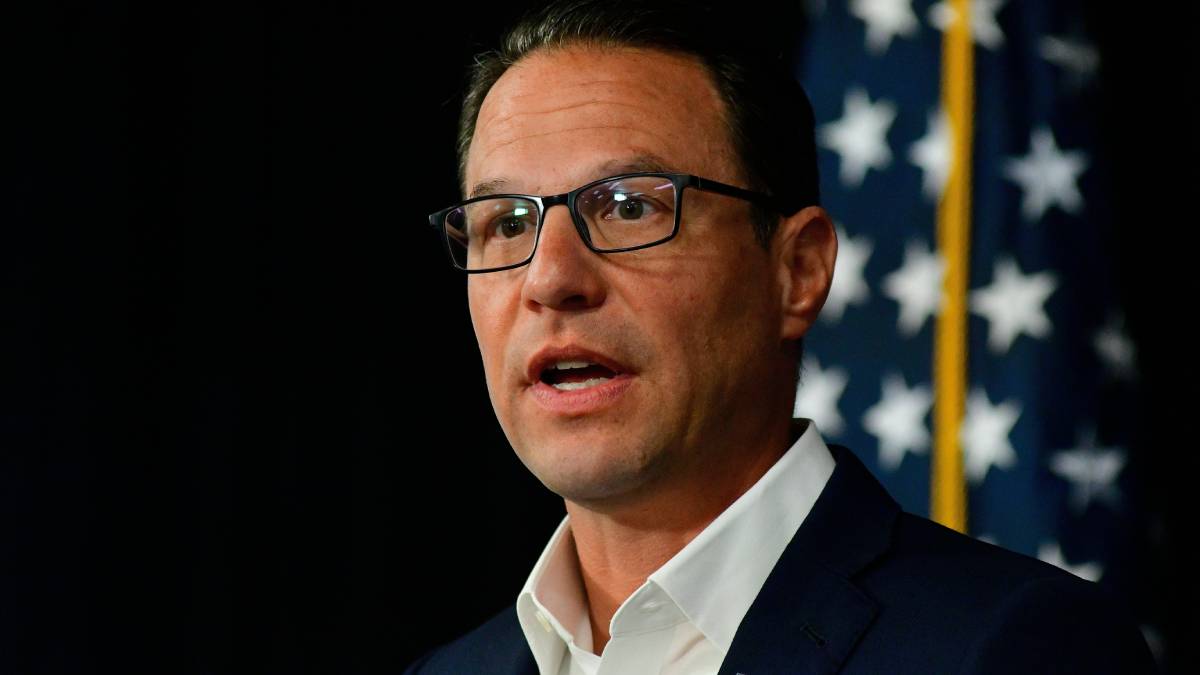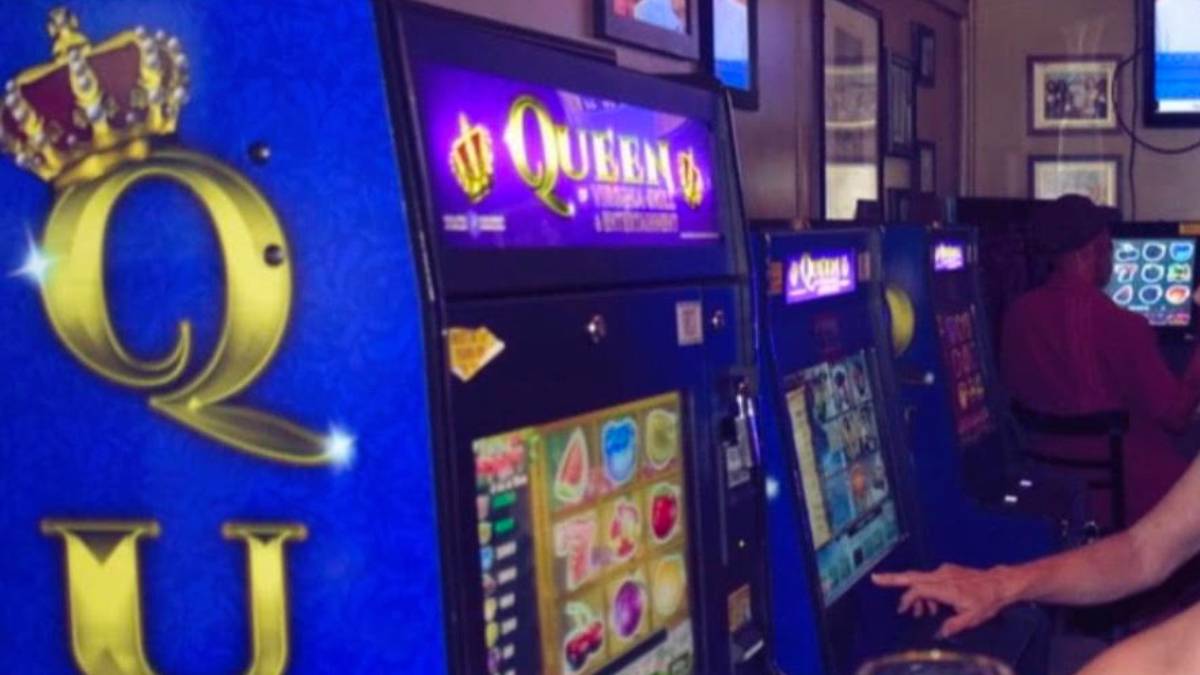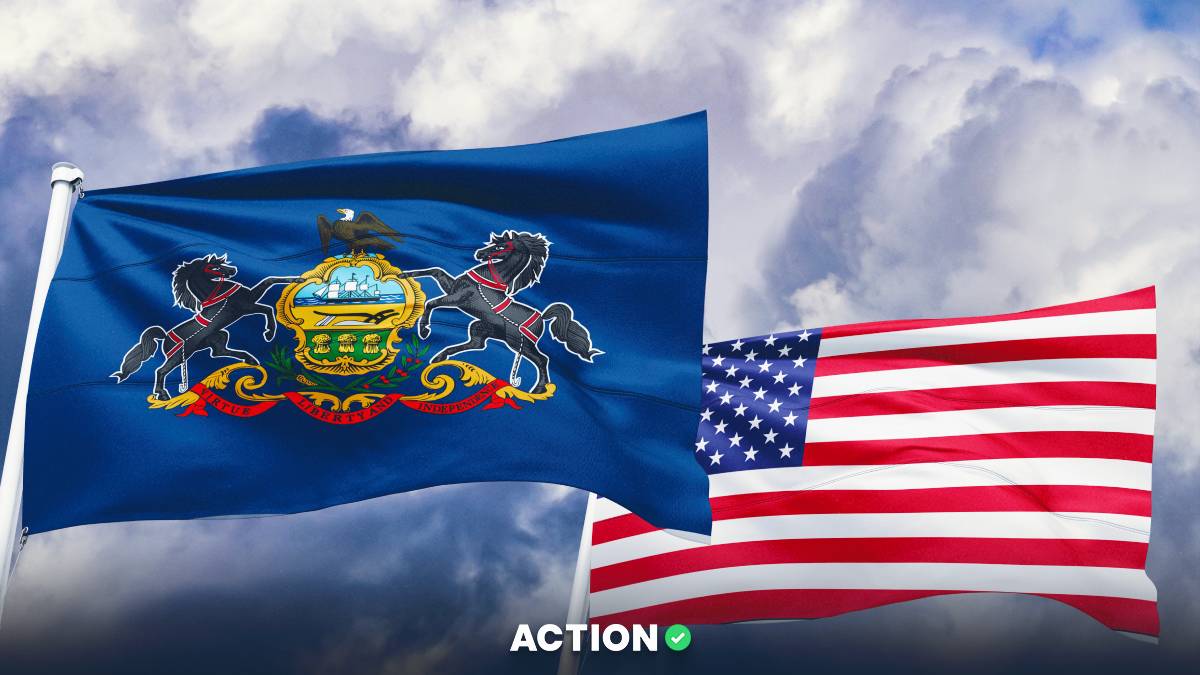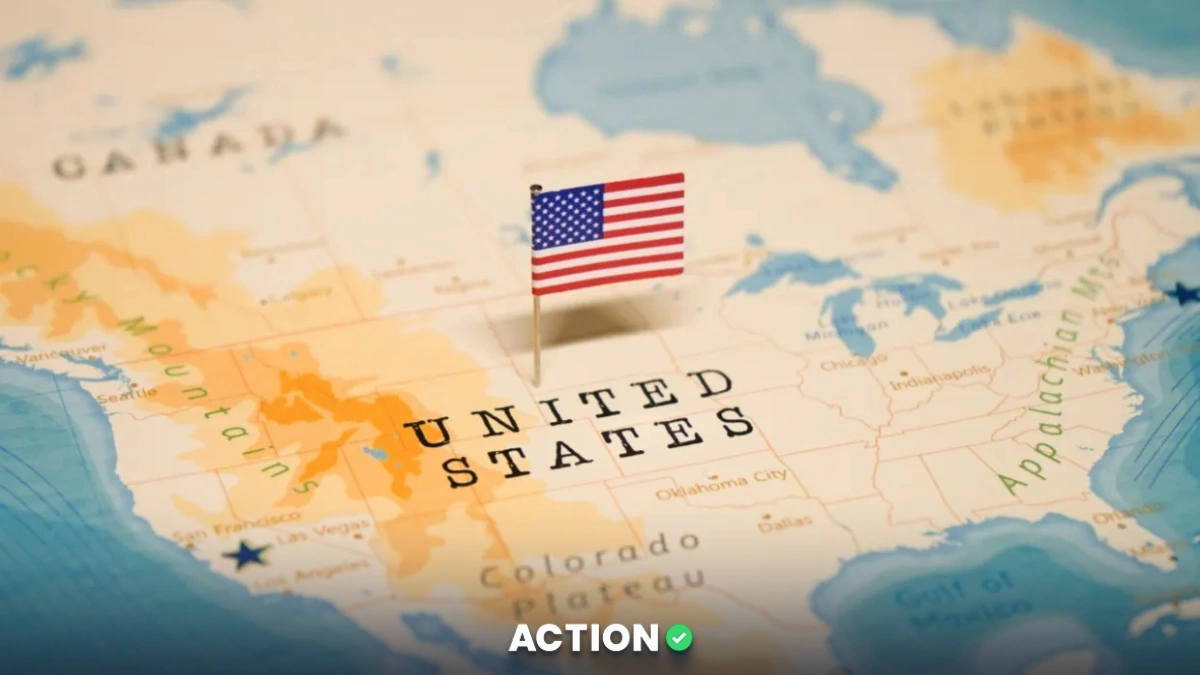Skill games are coming under fire once again in Pennsylvania.
This time, it's Pennsylvania State Senator Gene Yaw who will be introducing a new piece of legislation aimed at regulating and taxing skill games across the state.
Alongside Sen. Anthony Williams, Yaw plans to address the legal gap left by court rulings that classified these games, where player skill determines outcomes, as distinct from traditional gambling. This classification has left skill games unregulated and untaxed, prompting the need for comprehensive legislative action.
This isn't the first time skill games have been targeted in the Keystone State.
They frustrate Pennsylvania Governor Josh Shapiro because he believes they have caused the Pennsylvania Lottery to lose about $200 million over the past five years. And Gary Hendricks, Vice President and General Manager of Presque Isle, said the legalization of skill games is pulling players away from the casinos.
What Are Skill Games in Pennsylvania?

In Pennsylvania, skill games are electronic games that resemble slot machines but differ in a crucial way: the outcomes depend primarily on the player’s skill rather than chance.
They often test abilities such as reaction time, memorization, and pattern recognition, and are therefore considered games of skill rather than gambling devices.
Key characteristics of Pennsylvania skill games include:
They are not classified as gambling under the state's Gaming Act because a defining part of gambling is the element of chance, which skill games lack or minimize.
Players must be 21 years or older to play.
Wagers and payouts are often limited by regulation; for example, game play might be capped at $3 with a maximum payout of $3,000.
These machines have proliferated in bars, restaurants, convenience stores, and other venues across the state.
Pennsylvania courts, notably a 2023 ruling by the Commonwealth Court, have upheld the legality of these skill games, as they rely on skill rather than chance.
The legality has been under appeal to the state Supreme Court, which is reviewing if these skill games are distinct from slot machines or essentially disguised gambling devices.
Currently, skill games fall outside of standard gambling regulation and taxation, creating a legal gray area that lawmakers are seeking to regulate and tax.
Skill games provide supplemental income to small businesses and organizations such as veterans’ groups.
These distinctions have made skill games a hot topic in Pennsylvania politics, balancing concerns about unregulated gambling-like machines and potential new state revenue sources through regulation and taxation.
Key Features of the New Skill Games Proposal
Introduction of a Monthly Fee
The proposed legislation includes a $500 monthly fee for each skill game terminal. This approach diverges from Yaw's previous efforts, which focused on tax rates instead of fixed fees.Limiting the Number of Terminals
A statewide cap of 50,000 skill game terminals has been suggested to prevent an over-saturation of these games. This move aims to balance market demand while maintaining control over the proliferation of the terminals.Revenue Generation
By implementing these fees, the state expects to generate $300 million annually. This revenue is intended to bolster the Commonwealth's finances, providing a significant boost to state funds.Empowering Local Governments
The legislation would authorize local governments to establish health and safety standards for locations housing skill games. This measure intends to promote local governance and oversight, contributing to community safety and well-being.
Differentiating the New Proposal from Senate Bill 626

Yaw has previously sponsored Senate Bill 626, which outlined a regulatory framework for skill games with a 16% tax rate on operators. However, he acknowledged that excessively high tax rates, such as those proposed by others up to 52%, could threaten the livelihood of small businesses, veterans' organizations, and social clubs that benefit from these games.
The earlier bill also envisioned a central monitoring system for all machines to ensure compliance and reduce illegal operations. Furthermore, it restricted the number of terminals per location to avoid the creation of "mini-casinos" and game parlors.
In contrast, the new proposal centers on a per-terminal monthly fee rather than a tax rate. This shift could indicate Yaw's strategy for more predictable revenue and a more straightforward regulatory framework.
Senator Chris Gebhard has also introduced Senate Bill 756, which suggests a compromise with a 35% tax rate.
Yaw Seeking Bipartisan Support
In anticipation of the forthcoming formal introduction of this bill, Yaw has reached out for bipartisan co-sponsorship. His efforts emphasize a collaborative approach in securing legislative support to regulate and tax skill games effectively.
In the memo, he wrote: “Our legislation will establish a $500 monthly fee per skill game terminal and limit the total number of skill game terminals to 50,000 statewide. These monthly fees will generate $300 million annually for the commonwealth.
“In addition, this legislation will enable local governments to promulgate rules with respect to health and safety standards governing establishments where skill games are located.”
While Senate Bill 626 has stalled since its introduction, this new initiative by Yaw and Williams may offer a fresh perspective on skill game regulation.
By refining the approach through monthly fees and local empowerment, this legislation seeks to navigate the complexities of the market and ultimately provide a viable solution for state revenue and regulation.









